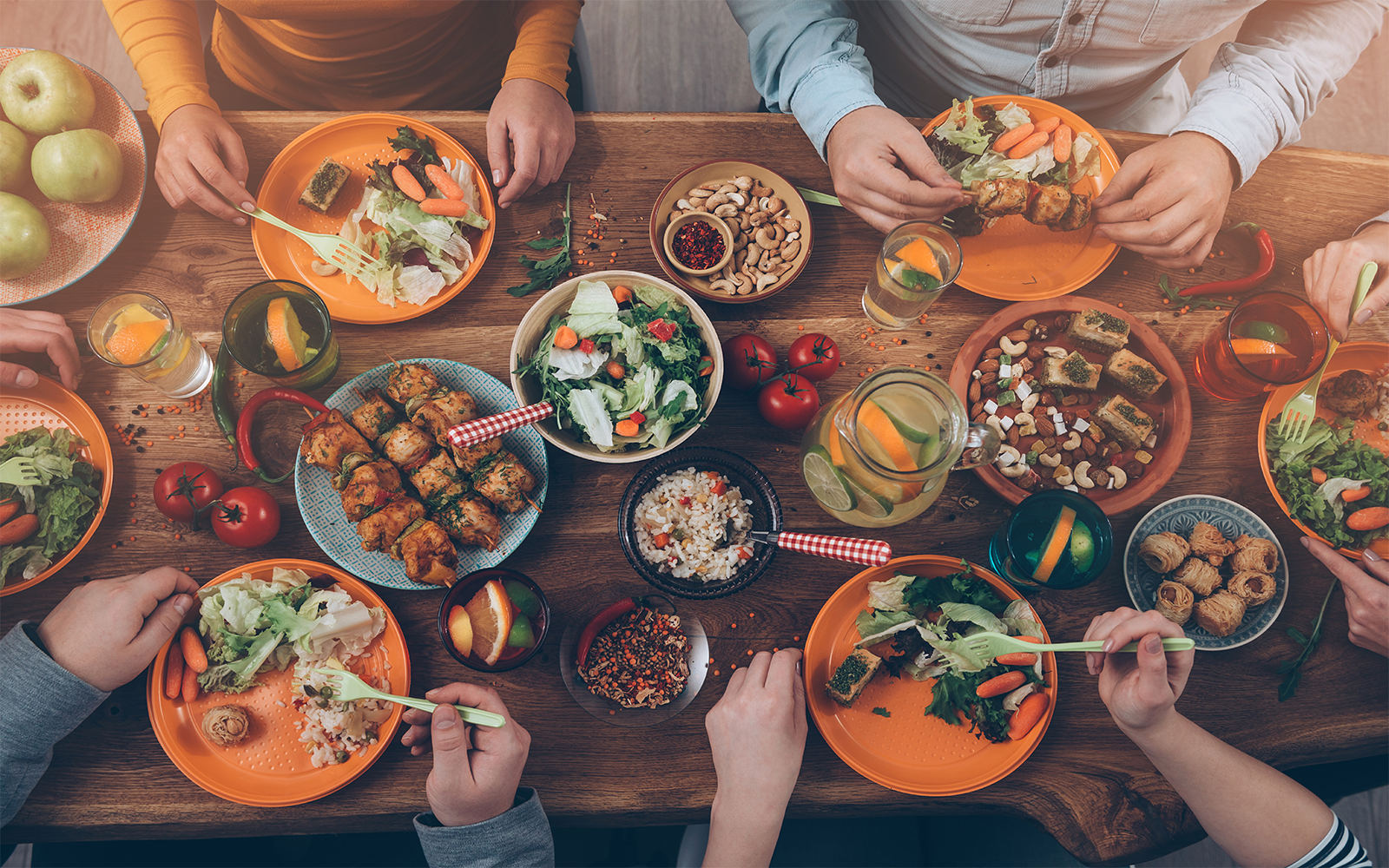
When we cook at home, we prepare more than necessary and ending up with insufficient food, yet we usually end up with lots of excessive food in the pot, don't we? When there are such an excess of food is available, we feel hesitate to throw it away so we eat it whether or not we feel hungry. This is why it's called leftovers. We like to share what can happen in the long run when you get addicted to consuming leftovers and how to get rid of this habit.
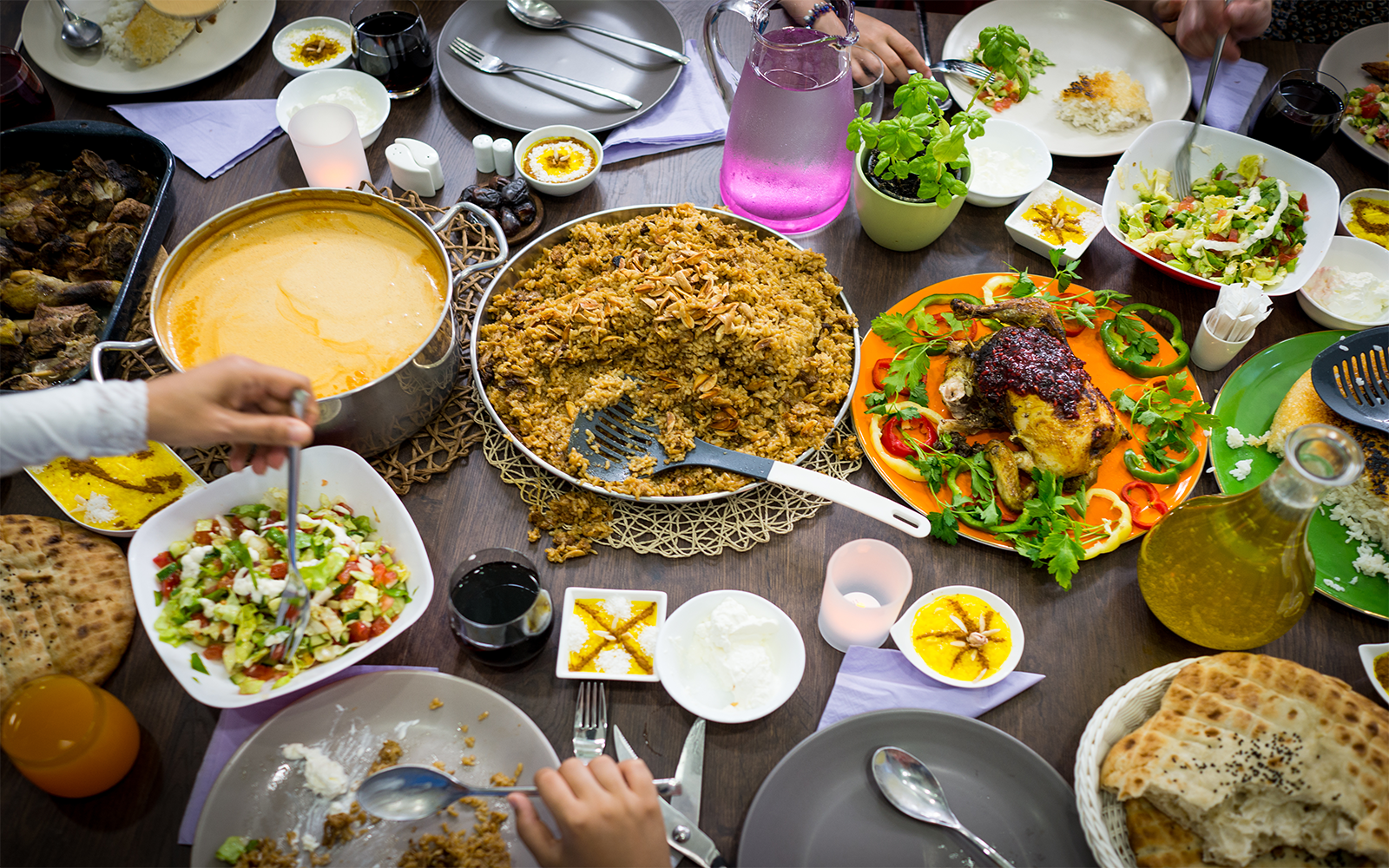 Where does the Habit of Consuming Leftovers Originate?
Where does the Habit of Consuming Leftovers Originate?
In Burmese culture, when guests, relatives, and friends visit a household, they are invited to share meals as a display of social etiquette. Typically, rice and various dishes are served. To ensure there's enough food for family members at home, home cooks tend to prepare extra food. This concern leads to the preparation of surplus food, and when it isn't entirely consumed, a reluctance to waste it emerges, prompting individuals to eat even when not hungry. This is particularly true for elderly parents and home cooks, who tend to consume the leftovers the most.
One important point to highlight is that elderly people, especially housewives, often consume all the leftovers because they prioritize their family members and prefer to eat later than them. If you have a family member who exhibits this behavior, we recommend gently encouraging them to join the family at the dining table for a shared meal instead of eating separately at a later time.
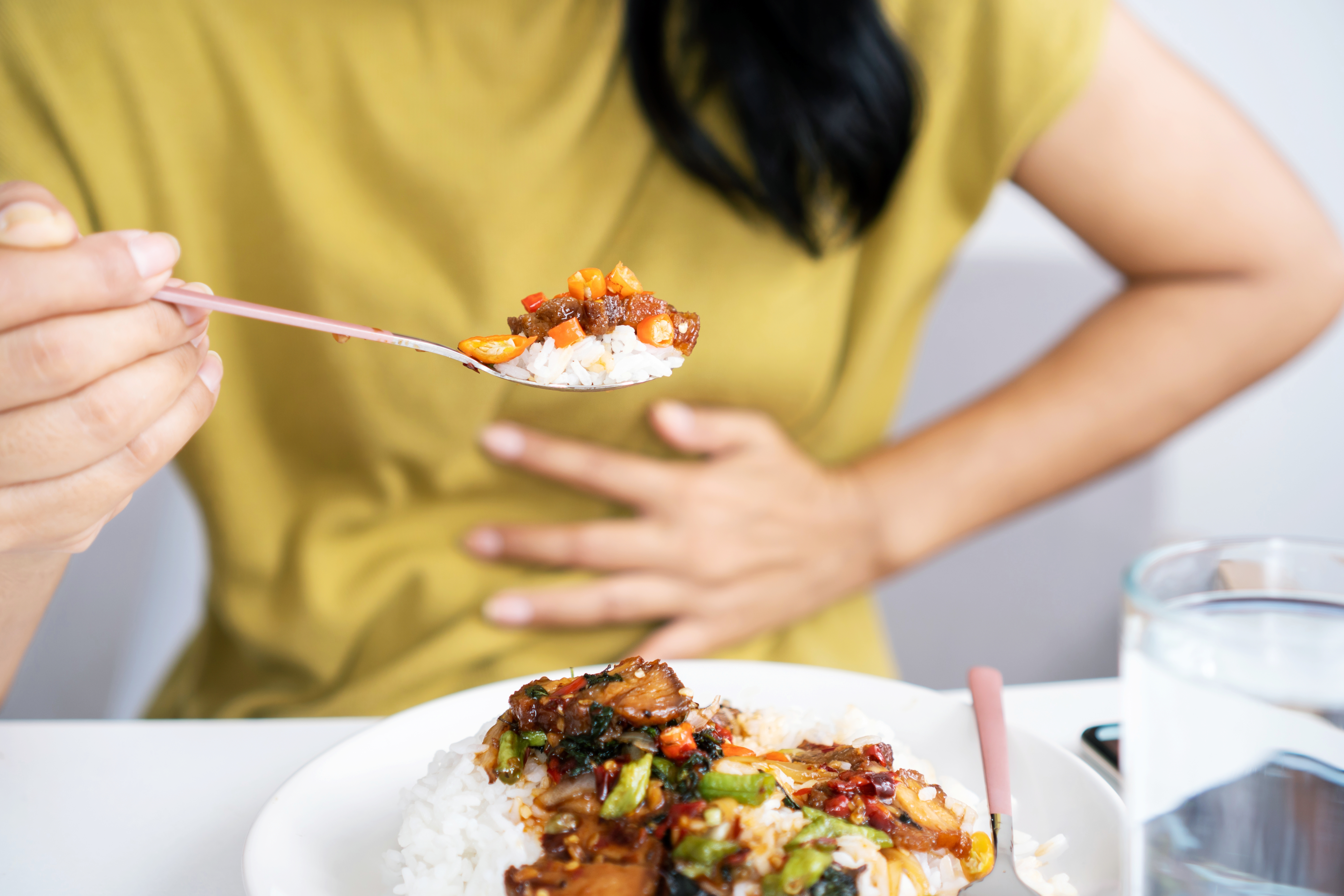
Consequences of Eating Leftovers
People who consume leftovers usually eat those due to frugality. After eating these leftovers, they frequently go to bed immediately without engaging in any physical activity, which can contribute to weight gain. Alongside weight issues, it's crucial to be aware of potential side effects, including hypertension, diabetes, heart disease, and arthritis. Eating leftovers involves ordering more food than you can finish when dining out at restaurants and consuming it all to prevent waste. This is especially true in buffet-style restaurants, where you tend to consume larger quantities of leftovers.
In any case, excessive food consumption can lead to stomach problems. Consuming frugal meals can contribute to stomach issues like indigestion, flatulence, a feeling of fullness, and constipation. When you make a habit of eating leftover food, you may experience hunger even when there are no leftovers at mealtime. As a result, you start eating repeatedly, deviating from a healthy eating pattern, all driven by your own indulgence.
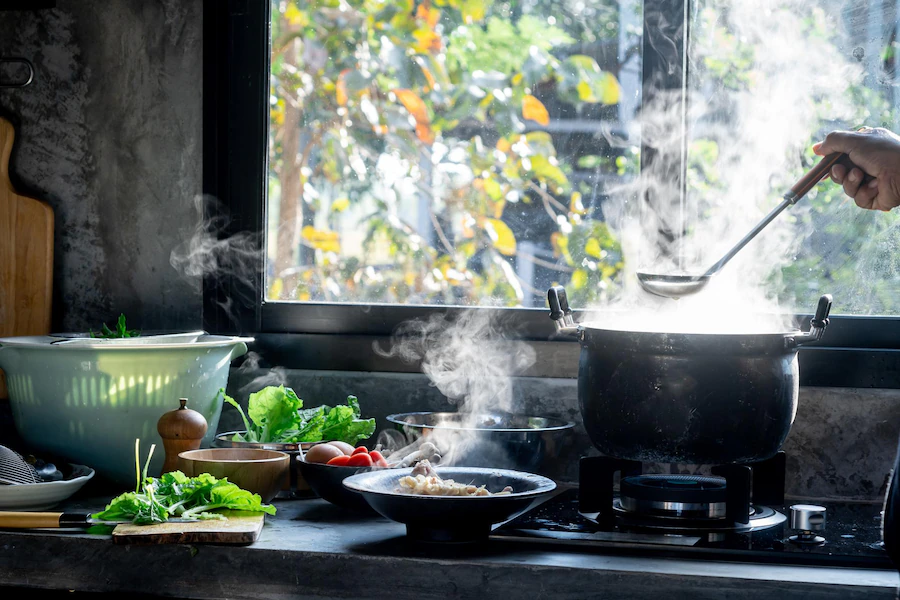
How to Break the Habit of Eating Leftovers?
Upon closer examination of this habit, it becomes evident that it originates from preparing excessive amounts of food at night, even after household members have already consumed their meals for the day. To counteract the tendency to consume leftovers, a key strategy is to avoid having leftovers. Therefore, avoid cooking extra dishes for family members who are uncertain about having dinner again or for potential guests whose attendance is uncertain. By cooking for the confirmed number of family members who will be dining at home, the habit of eating leftovers can be eliminated, resulting in cost savings through reduced waste. Additionally, when shopping, purchasing only the necessary quantity will encourage more thoughtful cooking, aligning the amount you prepare with your intended consumption.
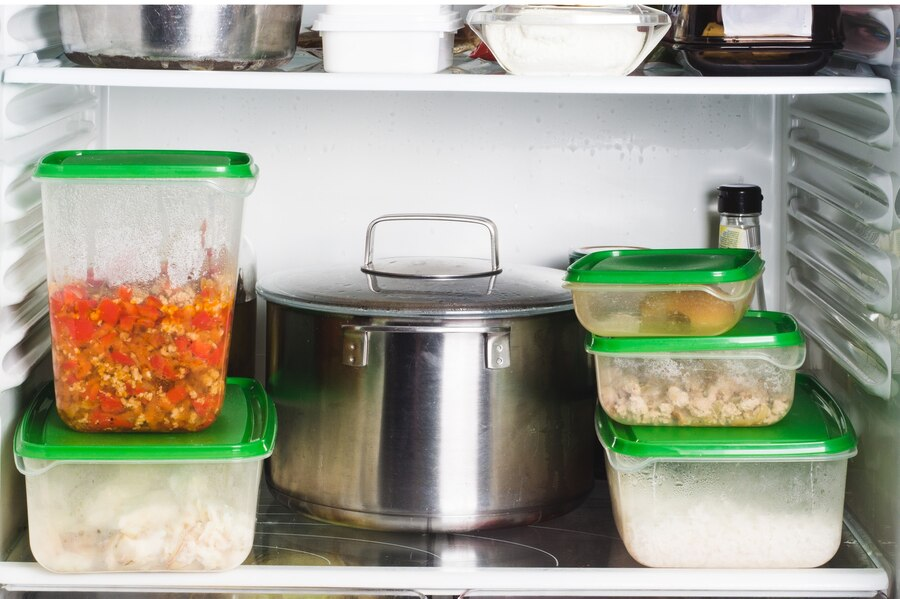
What to Do If There's Excess Food After Cooking?
In such situations, make use of the refrigerator. Ensure you tightly cover the leftovers and store them in the refrigerator (not the freezer). Alternatively, you can keep them in a cool and dry place, then reheat and consume them the next day. It's best to cook only the exact amount needed for each day.
It can be said that discarding food leads to waste and may have health consequences if consumed later. Equally detrimental to one's social life are the consequences of eating leftover food. It's important to note that the practice of excessive cooking not only increases extra kitchen expenses but also results in health costs due to the effects of surplus food. Therefore, changing the habit of overbuying and adopting efficient kitchen management not only improves health but also provides financial benefits.


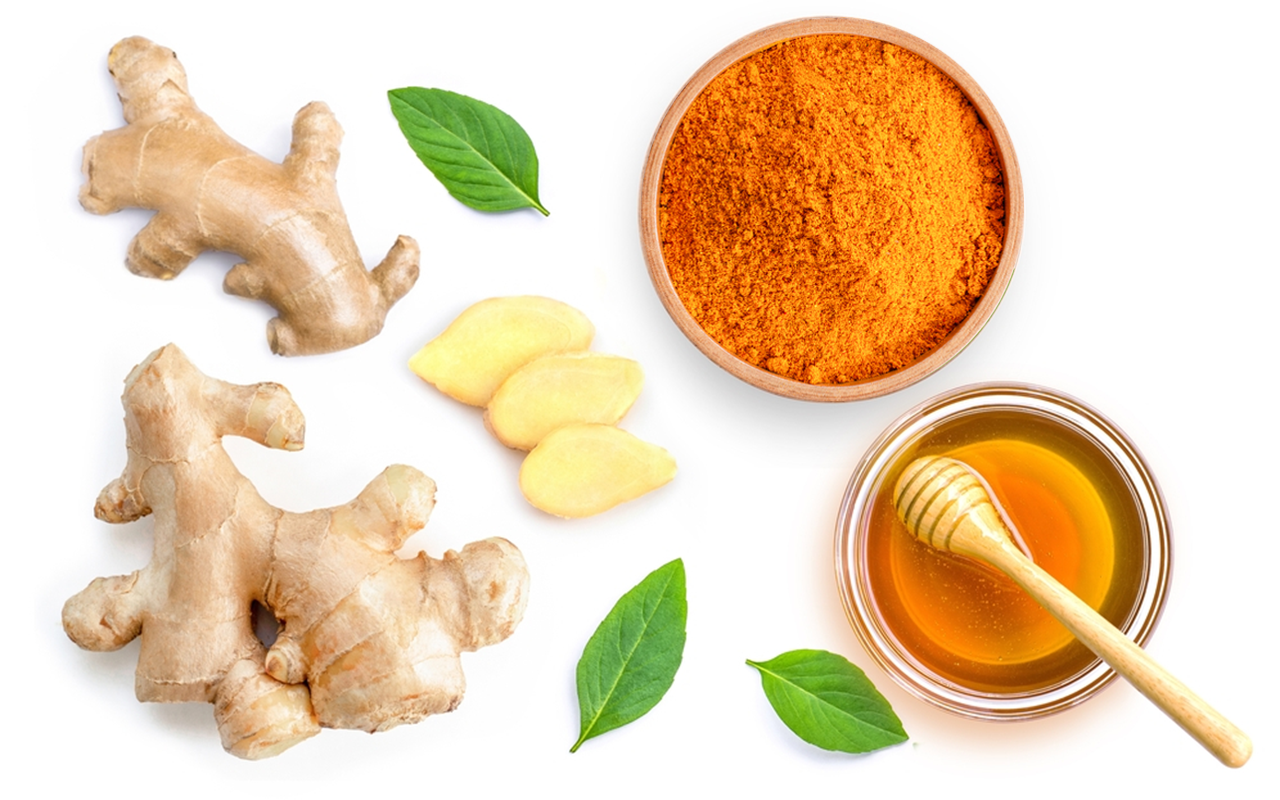

Win Pa Pa Myat
Poe Thadar Cho
Aung Thike